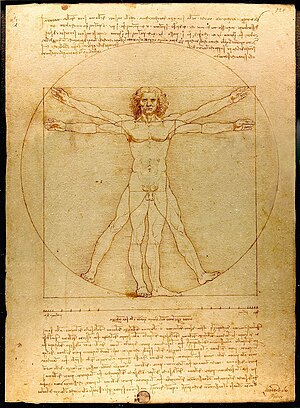Leonared Euler dominated the 1700s after Isaac Newton and Liebniz started analyses(the mathematicians word for calculus and generalizations like calculus of variations, complex analyses . . . later in the 1800s tensor analyses). He pushed analyses about as far as it could be and number theory also till Frederick Gauss's work on congruent numbers and differential geometry.
Dunham does point out that Leonard Euler was human. Some stuff I've read of what Leonard Euler missed would be fourier analyses and elliptic functions. Frederick Gauss found elliptic functions but did not publish. He found non-euclidean geometry and didn't publish those either out of not wanting to deal with the fearing general populace who would call him satin or something. Bottom line is after Leonard Euler with Frederick Gauss and others, mathematics became abstract everything; abstract algebra(alternative algebras from group, ring, and field theory to invariant theory and quaternions . . . a generalization of complex numbers), non-euclidean geometry, infinity was conquered by George Cantor(for the most part, there was Galileo's hint in his Two New Sciences: great book! Full of the scientific adventurous spirit!), numbers were replaced by set theory(george cantor, but also Richard Dedekind) as the most fundamental mathematics(some mathematicians today would say category theory has replaced set theory as the most fundamental mathematics; i'm not there yet; i have gotten through set theory and deductive logic books like Suzanne K. Langer's "Introduction to Symbolic Logic"; great books! Don't let the title fool you! It shows how abstraction works and is related to the deriving of symbolic logic and hence mathematics from language!). It's been related that another George Cantor, a historian not related to the transfinite numbers theory, made a history of mathematics from the few scraps of ancient times up to 1800(the end of the Leonard Euler time and end of classical mathematics period); it filled four thousand page volumes; to do a comparable, bio brief, history of mathematics of the 1800s alone would take twenty volumes!(I'd recommend Felix Klien's history of mathematics in the 1800s; i'll go ahead and point out perhaps the major dominant idea that continued to dominate up to the solving of the poincare conjecture just a few years ago . . . the relation between rieman surfaces and algebraic geometry.
- i've debated whether to post this on this scientific humanism blog for awhile now. I just decided to post it just to inspire and show the excitement of the mathematical spirit. I just found some more videos perhaps only recently posted on youtube; they were at the clay institute of mathematics for awhile. I'll of course post it tomorrow and hopefully i can find more quality mathematics videos!

No comments:
Post a Comment